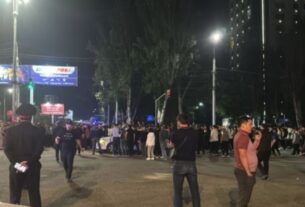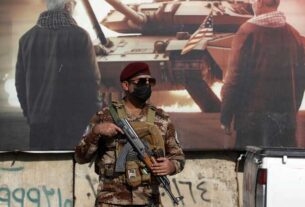1. Raisi and Erdogan
During their recent meeting in Turkey, Iranian President Ebrahim Raisi and Turkish President Recep Tayyip Erdogan addressed two key issues: the Gaza conflict and energy cooperation. This high-level discussion reflects shared goals—peace, stability, and economic growth in the Middle East. It also demonstrates the strong diplomatic ties between both nations. Moreover, their talks emphasized the need to balance humanitarian aid and long-term partnerships.
2. Turkey and Iran: Regional Influence
This meeting shows the significance of cross-border collaboration. As two major regional powers, Turkey and Iran aim to address urgent problems like the Gaza crisis and long-term goals like energy security. Their dialogue promotes peace and encourages regional cooperation. In the following sections, we explore their stance on Gaza, energy partnerships, and regional diplomacy.
3. Promoting Humanitarian Peace in Gaza
a. Erdogan and Raisi’s Diplomatic Efforts
The Gaza conflict remains a severe humanitarian crisis. Erdogan and Raisi emphasized the urgent need to support the Palestinian people. They discussed diplomatic options to restore peace and reduce suffering in the region.
b. A Joint Strategy for Peace
Both leaders proposed a cooperative approach focused on humanitarian aid and peacebuilding. Iran’s historic ties and Turkey’s vocal support for Palestinians reinforce this stance. Their commitment shows a preference for diplomacy over conflict.
c. Broader Impact of Gaza Peace
A peaceful Gaza could bring greater stability to the entire Middle East. Reduced violence and improved living conditions would help calm regional tensions and build a safer future for all.
4. Energy Cooperation Between Iran and Turkey
a. The Role of Energy Partnerships
Energy cooperation was a major topic in the Raisi-Erdogan meeting. Both countries see energy as a tool for economic progress and resilience.
b. Building Energy Independence
In a region affected by fluctuating oil prices, energy independence is vital. Turkey and Iran aim to create a stable energy network. This could attract investment, build infrastructure, and create jobs. Moreover, it helps both nations protect against global energy volatility.
c. Future Agreements and Their Benefits
The leaders discussed possible agreements on oil, gas, and renewables. For Turkey, working with Iran means diversifying its energy sources. Iran benefits by gaining trade partners and easing the effects of economic sanctions.
5. Economic Partnerships for Political Stability
a. Reducing Political Tensions Through Trade
Economic ties can ease political conflicts. Turkey and Iran have both dealt with sanctions and unrest. By pursuing shared economic goals, they aim to reduce friction and promote regional harmony.
6. How Humanitarian and Energy Cooperation Reduce Tensions
Combining humanitarian efforts with energy deals offers a balanced approach. Aid in Gaza addresses immediate needs, while energy cooperation supports long-term growth. Together, these efforts may lead to peace and inspire other nations to adopt similar strategies.
7. Turkey-Iran Relations and Their Regional Impact
a. A Model for Middle Eastern Diplomacy
The partnership between Iran and Turkey could inspire others. Their focus on practical cooperation—rather than conflict—offers a fresh path. If successful, it may reshape regional policies and encourage diplomacy over division.
Their alignment provides a chance to rethink Middle Eastern strategies. By prioritizing humanitarian aid and economic growth, this partnership could influence broader political shifts in the region.
Also Read: Iran Attack, Israel Insists On Countermeasures, World Leaders …




